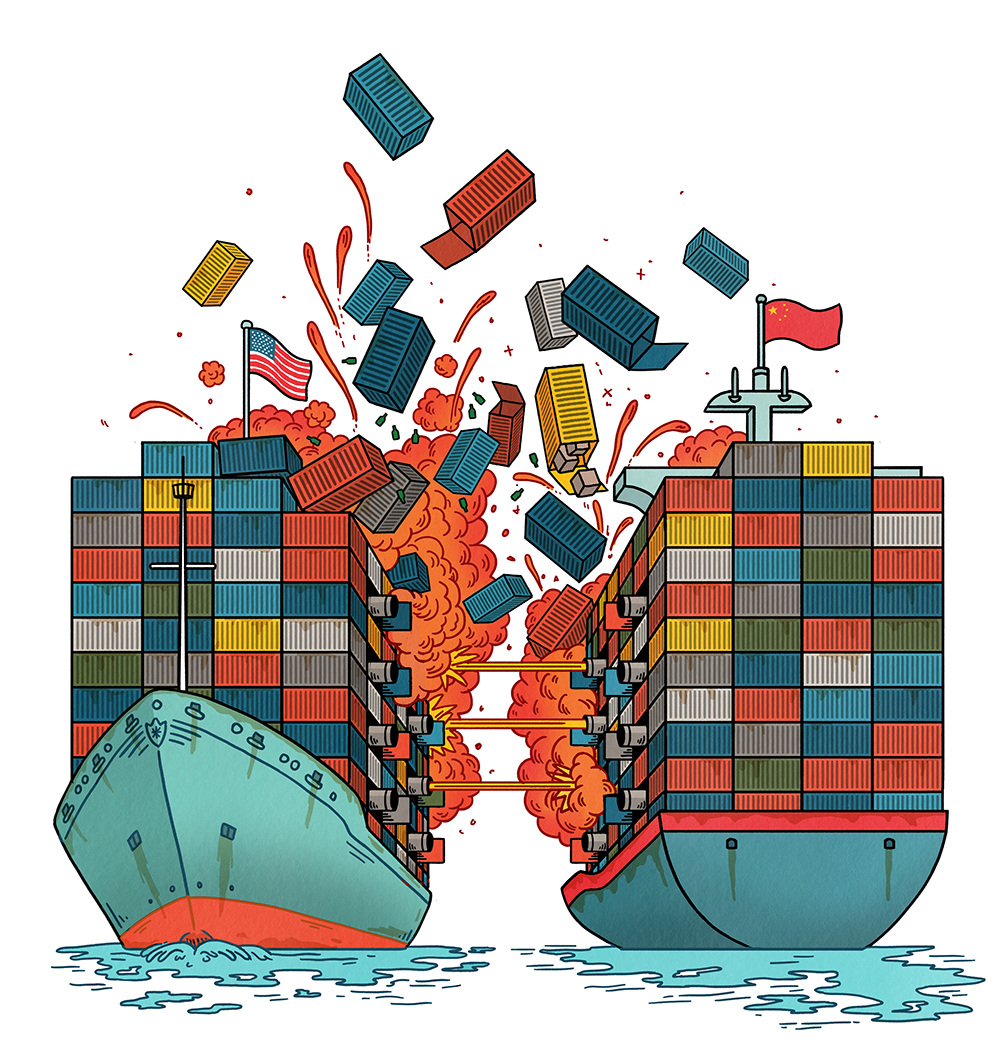
As most Americans learned during COVID—and U.S. military analysts warned years earlier—it is not tenable for the United States to be so reliant on only a few nations to produce the goods necessary for our safety, health, and defense. Resilience, which would be served by creating more domestic production capacity and diversifying our import sources, should be the goal as we strive to replace a production model for organizing the U.S. and global economies focused almost exclusively on efficiency and reliant on long, brittle global supply chains.
In the past 25 years, more than 90,000 U.S. manufacturing facilities, which used to produce a diverse array of goods, have been lost as the U.S. trade deficits that began in 1975 expanded enormously with corporate-rigged trade policies that made it easier and less risky to move production overseas, a lack of discipline against currency misalignments, and a merger mania enabled by a lack of competition policy.
U.S. businesses have been further harmed by the de minimis trade loophole exploited by e-commerce giants to ship commercial goods directly to consumers while evading tariffs, taxes, inspection, and other normal customs requirements. E-commerce companies bypass inspections that would restrict unsafe, counterfeit, or forced-labor-linked goods from entering the market.
Rethink Trade advocates for replacing the failed hyperglobalization model with pro-worker, pro-equity, pro-community, pro-environment rules for the economy to promote reliable and resilient supply chains; domestic economic security and infrastructure; and climate, public health, and other goals.
It seems we can't find what you're looking for.